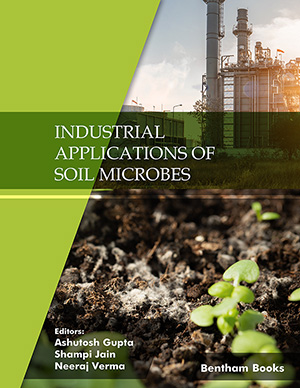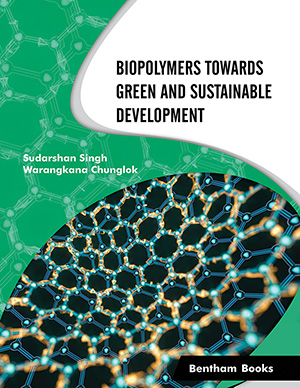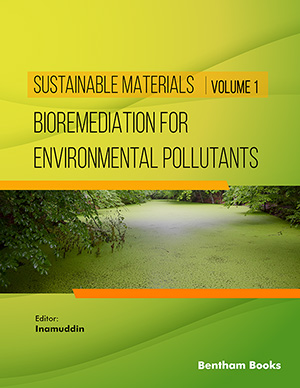Abstract
With the rise in rampant anthropogenic activities, the contamination of the
environment due to heavy metals is increasing at an alarming rate. This poses a serious
threat to both the plant and animal world, including poor human health and disturbed
crop physiology and yield. Heavy metal pollution commonly leads to oxidative stress
in sensitive plants, thereby altering the entire homeostasis within the plant system.
Therefore, plants have evolved certain regulatory circuits for combating the resulting
stress ensuing from the excess concentration of heavy metals in the soil. Certain plants
have the immense potential to accumulate such heavy metals, followed by their
detoxification via a range of mechanisms, inherent to the plant system. This process is
commonly referred to as phytoremediation, which is an efficient, cost-effective and
sustainable approach for the rejuvenation of contaminated soil. In present times,
medicinal plants are not only exploited as a source of different traditionally available
medicines, but have also displayed the immense capacity of cleaning up heavy metalcontaminated soil and serve as sinks for the toxic effects of heavy metals to clean up
the environment. The present chapter, therefore, focuses on medicinal plants as
potential phytoremediation agents.
Keywords: Anthropogenic activities, Heavy metal, Medicinal plants, Oxidative stress, Phytoremediation.






















